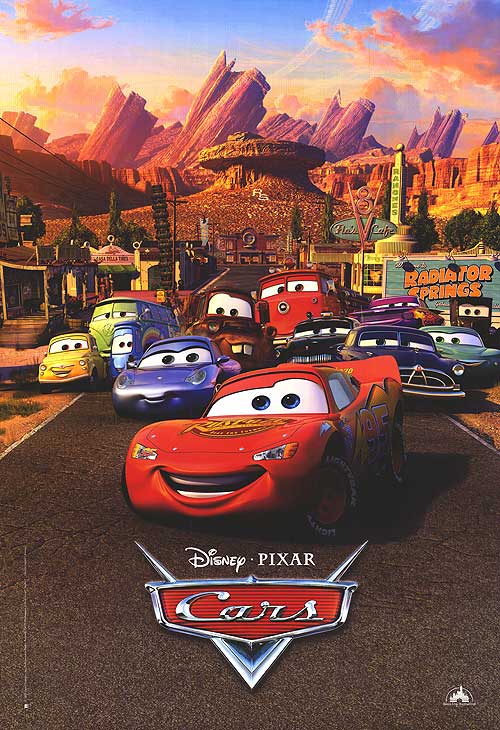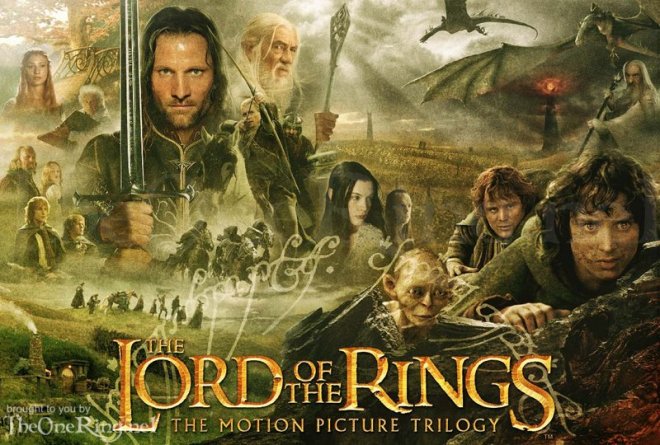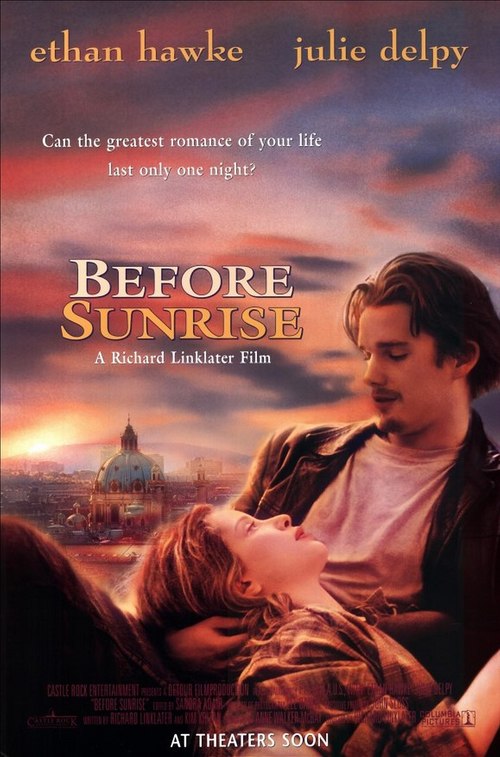With its loud dayglo poster and hopelessly retro-hip trailer, C.R.A.Z.Y. appears to be marketed (at least in Singapore) as a hilarious, hip teen flick about coming out of the closet… which had me half-expecting one of those gross-out comedies the Americans seem to love so much. I just figured the Canadians were about to get in on the act. Of course, I should have been sufficiently clued in by the numerous accolades and critical plaudits this movie has won to realise that it was no mere mainstream hit, though it certainly has crossover potential given the gripping universality of its themes. Thank heaven that C.R.A.Z.Y., despite its trappings as a dime-a-dozen family drama about a young male protagonist’s coming of age, actually breaks out of every marketing and genre mould you’d expect it to occupy, to create a fresh, touching and very real exploration of all the pain and joy associated with family, growing up, and wanting – nay, needing – to be loved.
Zachary Beaulieu (played by Marc-Andre Grondin when a teenager/adult and by Emile Vallee as a child) is the fourth boy in a set of five sons, literally marked as different from his brothers by a scar – caused when he was dropped on his head the very Christmas day he was born in 1960 – and a stray lock of blonde hair at the nape of his neck that has never matched the rest of his dark hair. Each of his brothers have their own distinctive personalities, of course – Christian (Maxime Tremblay) is a bookworm who reads so voraciously even food labels don’t escape his hungry eyes; Raymond (Pierre-Luc Brillant) a drugged-out loser of a hippie who nevertheless emanates cool; Antoine (Alex Gravel) a jock whose life revolves around sports; and youngest son Yvan (Felix-Antoine Despatie) whose sole distinguishing characteristic unfortunately appears to be that he’s chubby. But there is something different about Zac – not because he has miraculous healing powers imparted to him by the Christ-child whose birthday he shares, as his loving, quietly devoted and spiritual mother Laurianne (Danielle Proulx) wants to believe, but because Zac is gay (or at least bisexual). As he struggles for years to find and define himself as a human being, Zac battles his own disgust and horror at what he hopes he will not become, praying to an apparently unhearing, uncaring god to fix what he thinks is wrong with him. But even harder to handle than his own self-recrimination, Zac discovers, is the dark, bitter disappointment and denial of his beloved father Gervais (Michel Cote) that fundamentally and painfully redefines their relationship when the latter’s suspicions about his son’s sexual orientation solidify and start to colour his perception of Zac for the worse.
For the most part, C.R.A.Z.Y. is a wonderful movie-watching experience – it’s engaging, funny, thoroughly involving… and unless you’ve grown up a hermit and have no familial relationships whatsoever, it’s also the kind of movie that strikes a chord with just about anyone anywhere. Who hasn’t felt, however fleetingly, that miserable feeling of alienation from the people you love the most, and most crucially, the people you expect to accept you and love you conditionally? The snapshots of a life provided by Zac’s wry, quirky voice-over as he recounts seminal moments in his childhood are achingly familiar – and perhaps become most clear when he introduces each of his brothers with the knowing, weary frustration that comes from loving and hating them in equal measure, particularly his “mortal enemy” Raymond. That’s just how sibling relationships are – the love is there, but it’s buried beneath a layer of annoyance, frustration and what feels a lot like hate, frequently more immediate and certainly manifesting itself more obviously than its opposite. In this sense, the movie excels, because Zac’s relationships with the key members of his family – namely his parents and Raymond – are painstakingly drawn, and coloured in with so many shades of grey that their relationships and motivations are always shifting and never predictable. In other words, they’re – crucially – very much as you’d expect real people to be.
Standouts, of course, are not coincidentally also the stars of the show. Zac is front and centre, and is certainly a fascinating study of a young man not just dealing with growing up and its attendant hormonally-induced turmoil, but also struggling to understand his own feelings and sexuality. Thankfully, the scenes illustrating this internal conflict are usually subtly handled – ranging from the painfully funny (Zac’s star-spangled rendition of a David Bowie song gets him a walloping from the macho Antoine and the bemused giggles of a gaggle of amused schoolmates outside his window) to the viscerally shocking (as Zac mercilessly pounds into the pavement the one boy at school who recognises and understands what Zac is going through) and the frustratingly, miserably sad (Zac projecting his feelings of lust for his cousin’s boyfriend onto his cousin, in the misguided belief that incestuous feelings are at least a notch above homosexual ones). As Zac spirals through denial after denial, until he almost convinces himself that he was just suffering through a phase, his own actions (getting into a horrific car accident, shouting abuse at the same boy he beat up) only play as a reflection of the same feelings of revulsion and horror that plague his father.
Which leads me to the wonderfully-drawn secondary characters in this piece, who I feel actually were the stars of the movie. Much as it belongs to Zac and his journey, it’s also his father, mother and arch enemy of a brother that lend such emotional resonance to Zac’s travails. Gervais, in particular, is perhaps one of the best minor roles in recent memory – tough, loving, bossy and a know-it-all, the audience watches with Zac as Gervais morphs from the world’s best dad, when they go on special just-them outings for french fries, to a paranoid, untrusting homophobe who seems better able to accept a druggie stoner for a son than a gay. The pride Gervais takes in Zac’s manly exploits – beating up a kid in school, for instance – is funny in the context of the movie, but a great, revealing character moment too. Even in the face of his wife’s far less belligerent attitude towards Zac’s possible sexual proclivities, Gervais remains adamant that he can fix what he thinks is wrong with his son, sending him for therapy or shouting him down in a rained-out carpark on the night of Christian’s wedding. In a moment of particularly hard-won, tortured epiphany, Gervais finally sits his son down and explains to him just why he can’t get over Zac being different in this particular way – and it’s a moment shot through with so much pain and love that it becomes difficult to begrudge Gervais his longstanding refusal to give up on his son perhaps becoming ‘normal’.
Meanwhile, although given less screen-time and dialogue, Zac’s mother Laurianne is as strong a presence in the boy’s life – this stemming very much from her undeniable unconditional love for him, as she indulges the young boy’s desire to push his baby brother’s pram once out of sight of Gervais and the eye he always keeps open for any hint of girliness in his son such that it can be immediately quashed. Laurianne’s quiet faith and devotion to her god and her children are never articulated, but come through strongly – from her reaction to Zac’s gift to her of a book on Jerusalem, or the thudding sound from the kitchen that for her takes the place of heaving sobs as she irons bread for Raymond the way he likes it.
Raymond, as Zac’s dramatic counter-point, is another great character – lurking always on the peripheries of his brother’s subconscious, Raymond is the brother Zac can neither understand not accept, because surely what Raymond does is worse than what Zac only thinks about. As both brothers squabble, picking up on where the other is most sensitive to criticism (Raymond never fails to belittle Zac as a fag, above and beyond the casual use of slang), what’s surprising is that love which still underlies their prickly, hate-filled relationship. Raymond fights for his brother’s honour at Christian’s wedding, or Zac secretly sends Raymond the money he refuses to personally give the latter. And tellingly, at one of the lowest points of Zac’s life, the hallucinated person he first sees that gives him back his life is Raymond – something that becomes true, in a devastatingly literal way, nearer the end of the film.
Not to say that C.R.A.Z.Y. is perfect – not quite. Tonally, it’s a bit of a mess, and I have to admit that I far prefer the quirky charm of the first part, as we watch young Zac grow up and deal first with childhood neuroses like bed-wetting, and then far more serious grown-up problems of anger (breaking his father’s beloved Patsy Cline record), resentment and denial. The feel of this section of the film recalls the offbeat appeal of Amelie, radiating as it does the rose-glow of childhood as Zac complains about sharing the Christ-child’s birthday or gets taken to the local medium/healer Madame Chose (Helene Gregoire) so that she can tell if he shares her gift. It’s also peppered through with gorgeous imagery – Zac hanging blissfully out of his dad’s car window as they take a winding trip down a meandering country road, Zac getting dunked at camp as his mom’s cross disappears into the blue nowhere.
The slow disappearance of Zac’s voice-over heralds a shift into far more gritty, close-to-the-bone dramatic territory, as he grows up and his world becomes a consequently far darker, far gloomier place. The movie’s appeal is considerably reduced when it becomes a series of increasingly depressing scenes which certainly add to the story (and the already hefty two-hour-plus running time), but unfortunately fail to elevate it beyond what had already been established story-wise (Gervais does not want a gay son, basically). Even the flights of fantasy to which Zac is prone become more disturbing in the darker half of the film, which certainly befits its more serious tone – but because the movie almost becomes a documentary in terms of how grave it gets the more running time is clocked up, these more macabre jaunts of imagination (Zac dragging his way across a hot, parched stretch of desert) are jarring rather than organic to the movie and its main character.
Nevertheless, C.R.A.Z.Y. is one of the better coming-of-age stories to have emerged in recent years. Fortunately, writer-director Jean-Marc Vallee clearly wanted to create a true coming-of-age movie rather than a titillating one just about coming out of the closet – and it’s a far richer, more engaging experience because of that. Smart, tender and painfully real, the movie boasts a cracking cast (all are great, but my favourites include the precocious young Vallee, the gruff Cote and the winsome Proulx) and heaps of touching, truthful insight into the ways families can pull together just as easily as they can tear themselves apart.









